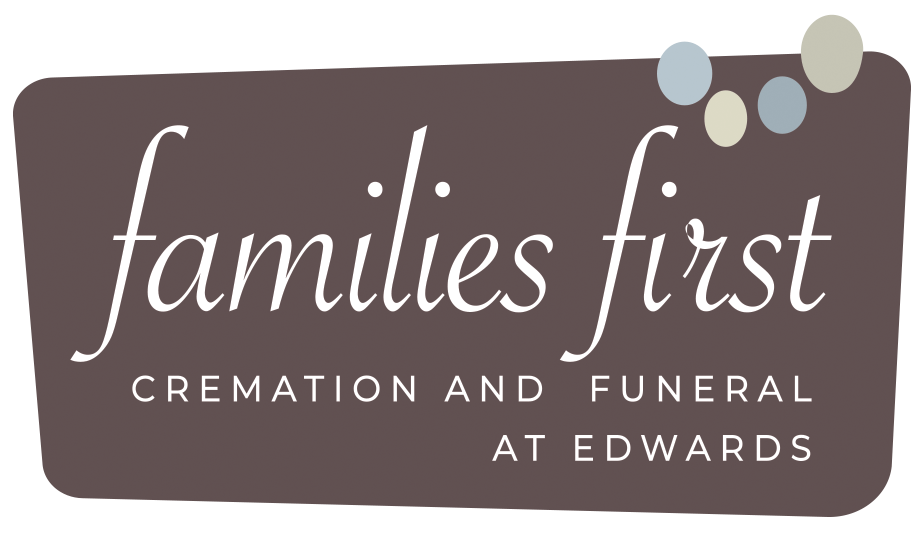Navigating Hospice in Ohio: Care Options & Resources.
Navigating Hospice in Ohio: Care Options & Resources.
Have you ever thought about the importance of hospice care at the end of life? Understanding hospice care in Ohio can seem complex. But it's vital to know about the help you can get. Hospice services provide kind support to both individuals and their families during tough times. Whether you're in Columbus, Ohio, or another part of the state, knowing what care is available matters.
In Ohio, there are many hospice care choices. This means people can find what suits their needs and beliefs. You can choose from big, well-known facilities or smaller, community groups. Places like Families First at Edwards in Columbus offer important help for those mourning. They don't provide hospice care directly. But they do help honor loved ones with online memorials, flowers, and memory cards. These acts show the broad support network available in Ohio.
Using these services is a key step in making wise choices about end-of-life care . In Cleveland, teaching the community through seminars and workshops is crucial. It shows the value of knowing about hospice support and services.
Key Takeaways
- Hospice in Ohio encompasses a range of services designed to support terminally ill individuals and their families.
- Diverse hospice care options are available, from large facilities to community-based groups, ensuring personalized care.
- Resources like Families First at Edwards provide support for honoring loved ones, even without direct hospice care.
- Educational initiatives in Cleveland help residents understand the benefits and availability of hospice care.
- Subscribing to obituary alerts and seeking support for the grieving process can provide additional assistance.
Understanding Hospice Care in Ohio
Hospice care in Ohio offers crucial support for those facing terminal illnesses. It aims to improve life quality by managing symptoms. This care is comprehensive, considering the patient's physical, emotional, spiritual, and social well-being. Ohio's hospice programs strive to provide exceptional care that respects the patient's dignity and values.
What is Hospice Care?
Hospice care gives comfort to those with serious illnesses. It's not about curing, but about enhancing comfort and living quality. This care includes a team of experts like doctors, nurses, social workers, chaplains, and volunteers. They work together to create a complete care plan. Hospice care in Ohio can happen at home, in nursing facilities, hospitals, or Hospice Houses.
When to Consider Hospice Care
Choosing hospice care can be tough. Look for signs like frequent hospital visits or less effective treatments to help decide. In Ohio, those with six months or less to live, as a doctor says, can get hospice care. Decisions about care involve the healthcare team, the patient, and their family, focusing on comfort and quality life.
Ohio has a wide range of hospice services to suit different needs. Available around the clock, the team ensures comprehensive care. Ohio’s Hospice commits to offering top-notch care and support to families, no matter where they live in the state.
Hospice in Ohio - What to Do and Where to Go
Looking for hospice facilities in Ohio can feel complex. Learning about the services offered can simplify this. It helps you pick a provider that matches personal needs.
Available Hospice Services
In Ohio, hospice services address different patient and family needs. They include pain control, medical support, and emotional help. Services also cover respite care, grief support, and spiritual advice.
- Ohio Valley Hospice: In southwest Ohio, they prioritize a close patient-to-staff ratio. The focus is on comfort and pain-free care for those with terminal illnesses. They aim for the best quality of life, considering individual needs and wishes.
- BrightSpring Hospice Foundation: This foundation doesn't directly give healthcare services. Instead, it provides key financial help for families. This aid covers non-medical needs, helping those who can't afford extra support.
- Hospice of Southwest Ohio: They offer around-the-clock nurse access for controlling symptoms and providing support. Accepting patients who live alone, they arrange 24-hour care through visits, symptom checks, and educating caregivers.
Choosing the Right Hospice Provider
When picking the right Ohio hospice providers , consider these steps:
- Look into the provider's reputation and patient feedback.
- Make sure they have a wide range of palliative care services , from medical to emotional and spiritual support.
- Check for proper accreditation and staff qualifications.
- Confirm they can cater to specific personal needs, whether at home or in a facility.
Insurance, including Medicare and Medicaid, usually covers hospice services. There are also many financial aid programs to help with the costs of end-of-life care .
In Ohio, people can choose their hospice provider from available options. This ensures they find the best hospice near me match.
Conclusion
Choosing hospice care in Ohio is a significant decision. It requires compassion and support. This care brings comfort and emotional support to those nearing the end of life. It makes sure individuals and their families are not facing this alone. By knowing the available hospice resources , families can face this period with dignity.
Several conditions qualify for hospice care, such as cancer and heart disease. Others include lung disease, kidney failure, and dementia. The Cleveland Clinic Hospice team is here to help. They have nurses, social workers, and more. They provide various care types and even offer therapy dog visits and music therapy.
This hospice service is recognized by the Joint Commission. It's also part of national and Ohio hospice organizations. Coverage is provided by Medicare, Medicaid, and most insurance plans. This makes hospice care available to many. Services extend across several Ohio counties, helping families all over the state.
For more information, you can call 216.444.9819. This hospice care makes sure no one has to make end-of-life decisions alone. There are also volunteer opportunities. These include offering companionship and support during this tough time. It's a way to contribute to the hospice care community.
FAQ
What is hospice care?
Hospice care gives comfort and support to patients with serious illnesses. It focuses on relieving symptoms. The care addresses physical, emotional, spiritual, and social needs. The goal is not to cure but to provide comfort.
When should one consider hospice care?
Consider hospice care if hospital visits become frequent or treatments stop working. Also, if comfort becomes the main goal, it's time to think about it. Talking with doctors and family can help decide.
What services does hospice care typically include?
Hospice care includes pain management, medical support, and counseling. There is also respite care, bereavement support, and spiritual guidance. These services aim to make the patient's life as good as possible.
How do I choose the right hospice provider in Ohio?
Look at the hospice's reputation, services, and staff qualifications. Check their accreditation and reviews from patients. Choose one that fits the patient's needs and values.
Are hospice care costs covered by insurance in Ohio?
Yes, in Ohio, insurance, including Medicare and Medicaid, often covers hospice. There are also programs to help with costs.
What support is available for families during the hospice care process?
Families get help from community resources, support groups, and counseling. These help with the emotional and practical aspects of end-of-life care . Places like Families First in Columbus offer support and memorial services.
Can individuals receive hospice care at home?
Yes, patients can get hospice care at home. They receive visits from medical staff and get counseling. This helps them stay comfortable in their own space.
What is the difference between hospice care and palliative care?
Both focus on comfort and quality of life. But palliative care is for any serious illness stage and can include treatments. Hospice is for the last six months of life when treatment has stopped.
Where can I find hospice resources in Ohio?
Look for hospice help through healthcare providers, online directories, and groups like Hospice Cleveland. They offer info and support for those needing end-of-life care.
Source Links
- https://hospicecleveland.com/a-complete-guide-to-hospice-care/
- https://ohiovalleyhospice.com/services/end-of-life-care-planning/
- https://oneillhc.com/hospice-care/
- https://www.ohioshospice.org/what-is-hospice-care/
- https://www.ohioshospice.org/understanding-hospice-care/
- https://my.clevelandclinic.org/health/articles/21673-hospice
- https://ohiovalleyhospice.com/
- https://hswo.org/faqs/
- https://my.clevelandclinic.org/departments/connected-care/services/hospice












